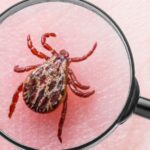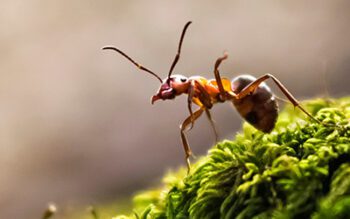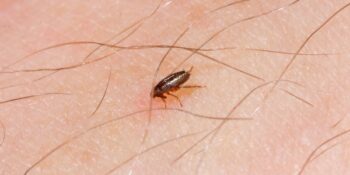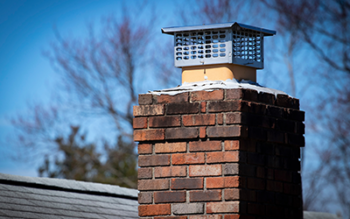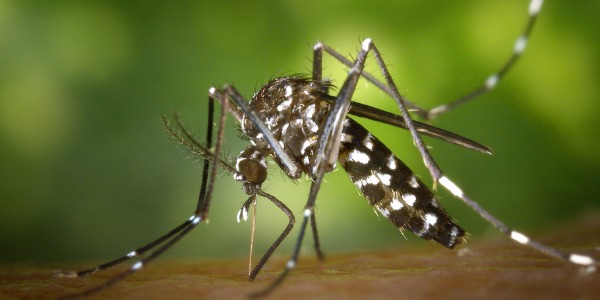
Mosquitoes are one of the peskiest pests Long Islanders deal with each spring and summer. Not only do they invade yards, bite people and pets, leaving behind itchy bites, but they can also transmit life-threatening diseases. But…there’s a lot more to these insects, and our 10 marvelous facts about mosquitoes will help you understand these pests and how to best protect your family and pets.
Only Female Mosquitoes Bite.
Believe it or not, there are many differences between male and female mosquitoes. Not only are female mosquitoes larger, more vocal, and living longer mosquito lifespans, but they’re are also the only mosquitoes who bite! When you get a mosquito bite, there’s a lot going on behind the scenes; the female uses the blood as a source of nutrients to produce more eggs.
Mosquitoes Prefer Biting Some More Than Others…
It’s true—some people are just mosquito magnets! Mosquitoes tend to seek out people with type O blood, specific body odors and bacteria, greater than average carbon dioxide exhalation, pregnant women, and dark colors.
There Are Over 3,500 Mosquito Species. 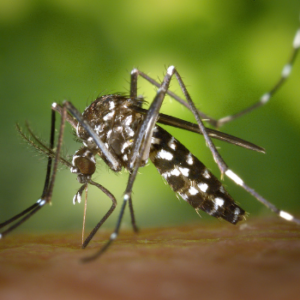
There are thousands of mosquito species found throughout the world; on Long Island, we primarily deal with the Culex Pipiens and Asian Tiger mosquito species.
Mosquitoes Are the World’s Deadliest Animals.
Though they’re small, mosquitoes pack a punch much greater than simply annoying, biting, and leaving welts. Mosquitoes spread life-threatening diseases like malaria, dengue, West Nile, yellow fever, Zika, and lymphatic filariasis, and is the animal responsible for killing more people than any other creature on the planet.
Mosquitoes Lived Among the Dinosaurs!
Did you know mosquitoes date back to the Cretaceous Period?! The oldest known mosquito with an anatomy similar to today’s mosquitoes was found in 79-million-year-old amber. Even though no fossils have been found, it’s estimated that the earliest mosquitoes may date back much further.
Mosquito Bites Can Cause Heartworms in Your Dogs.
Heartworm disease is transmitted through mosquito bites to dogs. The mosquito serves as the intermediate host, meaning the worms temporarily live inside the mosquito during a transition period in which they become infective, or able to transmit disease. The mosquito bites the dog, and the dog serves as the definitive host, meaning that the parasite matures, mates, and produces offspring all while living inside the dog’s body.
Why Do Mosquito Bites Itch? It’s Their Spit!
Ever wondered why exactly mosquito bites itch? It’s because when a mosquito bites you, it pierces the skin using its special mouthpart to suck up your blood. As it’s feeding, the mosquito injects saliva into the skin, and your body reacts, resulting in a bump and itching.
Mosquitoes Aren’t Very Fast…
Even though mosquitoes might seem speedy when you’re trying to swat them away, they actually aren’t very fast flyers! Most mosquitoes fly at around 1-1.5 mph, which is slower than almost every other flying insect.
Water is Essential for Mosquito Breeding.
Standing water is a prime breeding ground for mosquitoes. Mosquitoes deposit their eggs in puddles of standing water during the summer when the temperature is higher (eggs will typically not hatch unless it’s at least 50° Fahrenheit). Warmer temperatures and water sources allow mosquitoes to complete their growth cycles quicker, and for new mosquitoes to rapidly emerge.
You Can Protect Your Family & Pets from Mosquitoes!
Preventing mosquitoes in your yard can feel nearly impossible, but luckily, with a little help from Suburban Exterminating, you can enjoy your yard this summer without worry!

